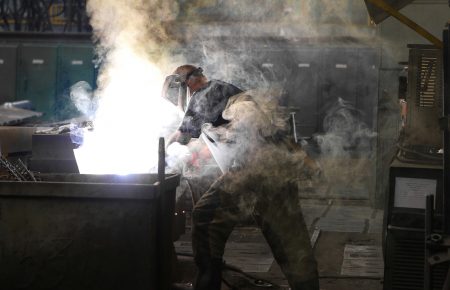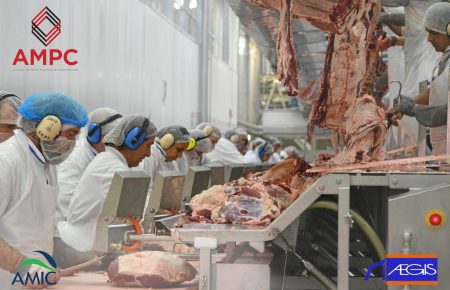Channel Seven has been ordered to pay compensation to a former reality show contestant over psychological injury suffered while filming the show House Rules.
The New South Wales Compensation Commission found that contestant Nicole Price, who appeared in the 2017 season of the show, suffered a major depressive episode and other psychological issues as a result of appearing on the show.
The claim was made under the Workers Compensation Act 1987 (NSW) and the case was heard by the New South Wales Compensation Commission.
“I felt harassed and bullied during the filming,” said Prince. “This continued throughout all of the renovations. It was not only condoned by the producer, but it was aggravated even encouraged by them.”
“During every camera interview both myself and [team mate] Fiona complained on film that we were being subjected to isolation, bullying and harassment by the other teams.”
The outcome of the case hinged on whether Prince was considered an employee or not.
Commission Arbitrator Cameron Burge found that, contrary to Seven’s claims, the contestant was an employee according the common law test that defines employment. This test looks at the totality of the relationship between parties rather than any one specific factor.
Some of the factors that indicated to the Commission that Prince was employed by Seven were:
- Prince had been paid remuneration ($500 a week plus $500 in allowances) to work for Seven
- Seven had control over when Prince worked, what she wore and what tools she used
- Prince had to provide ‘exclusive service’, meaning she had to give up her regular job while filming the show
- Prince bore none of the entrepreneurial risks of running her own business
This was despite Seven making the contestant sign a contract that stated that appearing on the show did not constitute an employer/employee relationship with the network.
As Prince’s lawyers said, and Burge agreed with in his judgement, the contract “does not detract from the reality of the situation, which was one of employer and employee”.
“A worker cannot contract out of their entitlements to Workers’ Compensation. As such any contract (as in the Channel Seven case) that attempts to define a working relationship as something other than what it is, is redundant,” says Simon Booth, Aegis Manager.
“At law, the true nature of the relationship, as identified by the facts and behaviours of the parties involved, will determine whether an individual is a worker of your organisation, not the contract that you have had them sign in an attempt to avoid your legislative obligations.”
In his judgment, Burge ruled that Prince had been an employee of Seven and had suffered psychological/psychiatric injury during the course of that employment.
“There is little doubt the applicant was placed in a hostile and adversarial environment in the course of her employment with the respondent,” said Burge.
In addition to the on-set intimidation, Burge said that Prince had suffered from the show being edited to portray her in a negative manner as well as abusive comments directed at her on social media, which Seven did not remove.
Seven will now be ordered to pay compensation, a figure yet to be determined.
The definition of who is a Worker is a matter of Legislation and Law. At Aegis, we constantly come across situations where employers attempt to obfuscate their obligations relating to Workers’ Compensation and do nothing more than create significant financial liability for their business.
“Employers cannot contract out of their Legislative obligations,” says Booth. “Failing to understand who is a worker of your business, and therefor who you should cover under your policy, can lead to the payment of additional premium and penalties where you have under declared remuneration, and the payment of claims costs and/or other penalties where you have failed to take out a policy.”
Do you have contractors working for your business that could be considered employees? If you’re concerned about your level of Workers’ Compensation cover, get in touch today.






















































